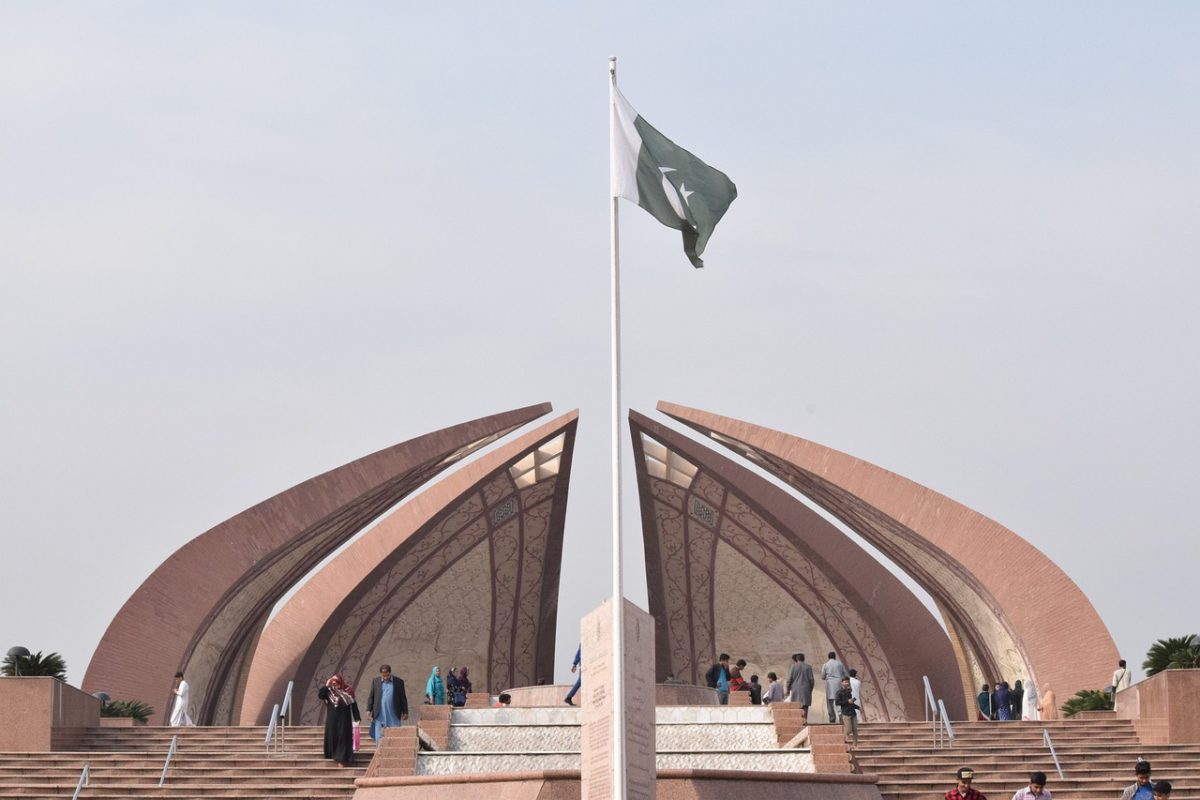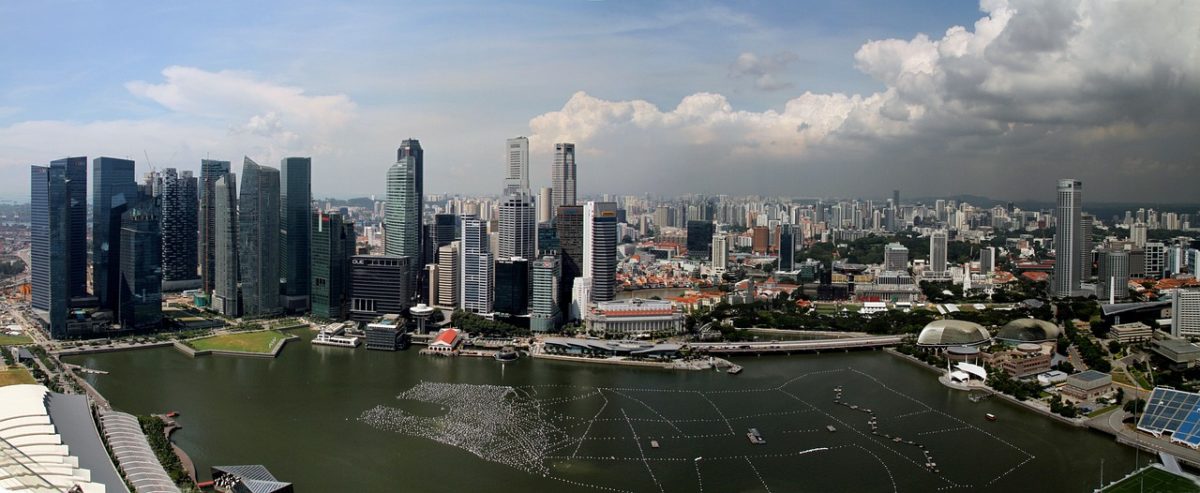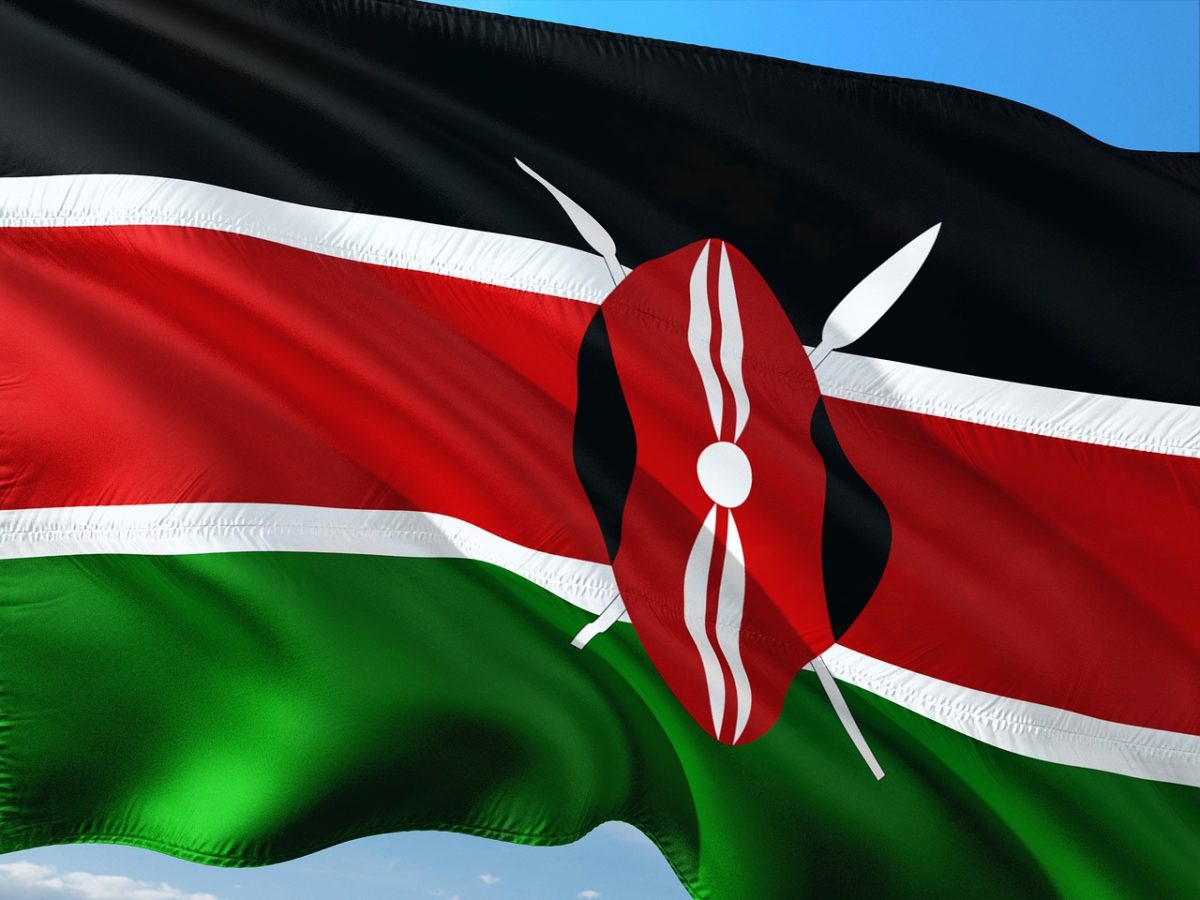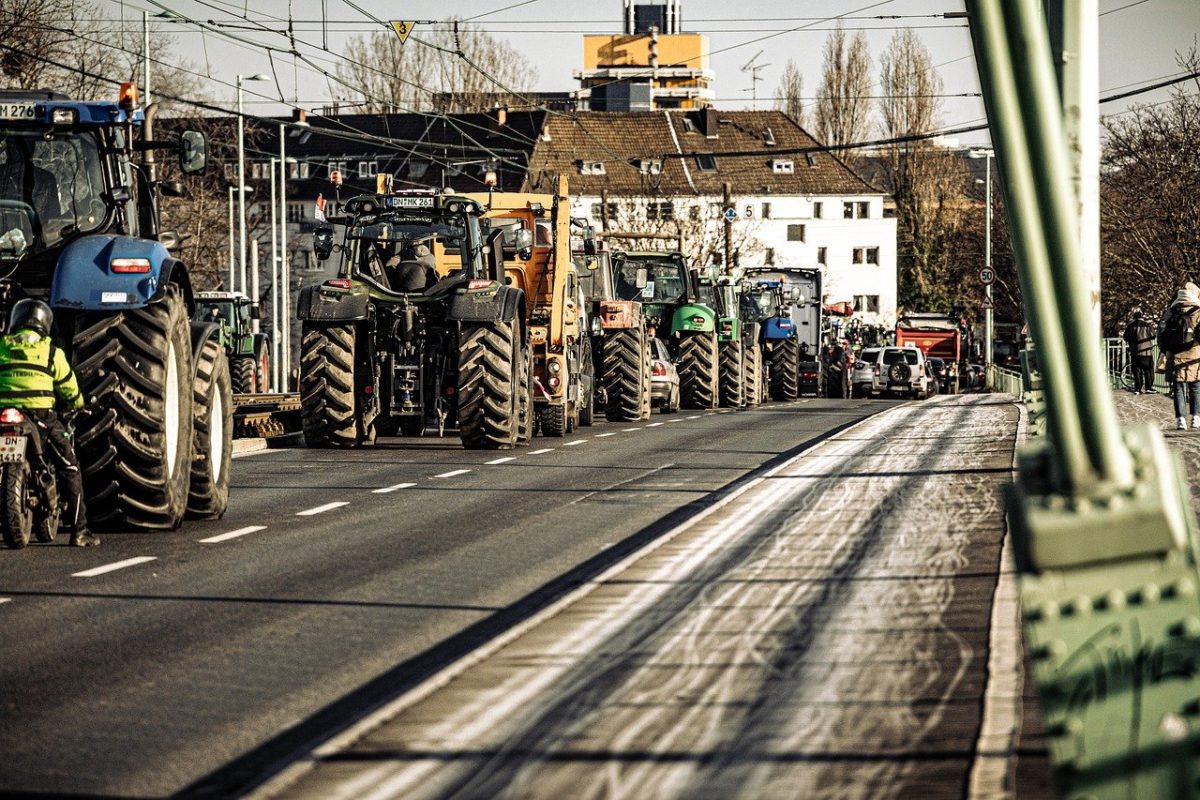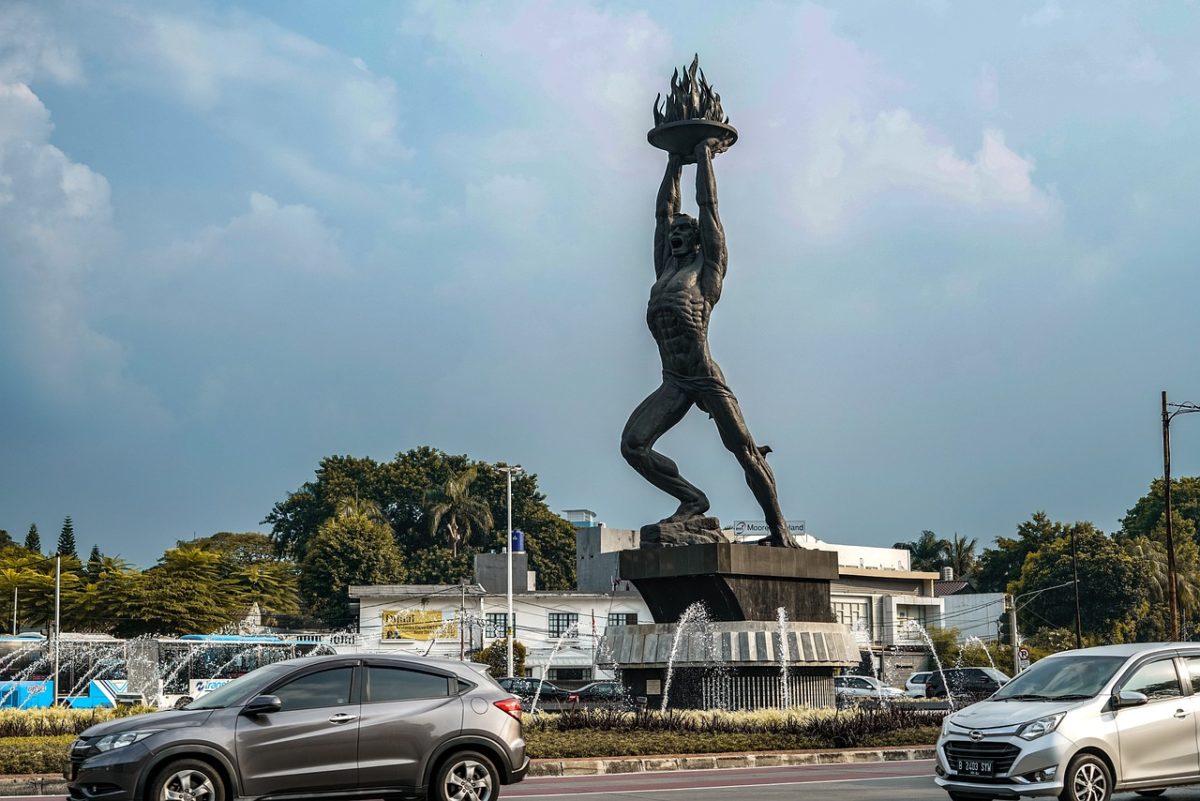Summary
- Lesson for All Political Parties: The Democratic Party’s leadership crisis highlights the necessity of generational change and staying connected with party members, activists, and the public to remain relevant and effective. Failure to adapt to shifting voter expectations can lead to declining support and internal turmoil.
- Strategic Divisions: Senate Minority Leader Chuck Schumer’s decision to support a Republican-led funding bill exposed deep divisions within the Democratic Party. While Schumer framed it as a necessary compromise, many Democrats saw it as capitulation, fuelling accusations of weak opposition to Trump.
- Declining Favourability: Democratic Party approval ratings have reached historic lows, with many voters feeling that their leaders are not fighting hard enough against the Republican agenda. Internal dissatisfaction has led to growing support for primary challenges and calls for Schumer’s resignation.
- Leadership Vacuum: Despite widespread frustration, there is no clear consensus on who should replace Schumer, as much of the party’s leadership consists of long-time figures considered too cautious. This uncertainty complicates the party’s ability to present a unified and effective opposition to the Trump-led Republican Party.
- Future Implications: The Democratic Party risks further alienating its base and losing electoral momentum if it fails to resolve its internal conflicts. The 2026 midterms will test whether the party can unify under new leadership or remain fragmented, potentially giving Republicans an advantage.

